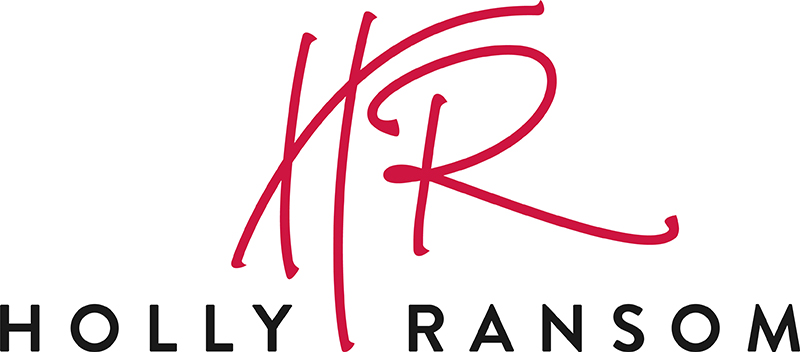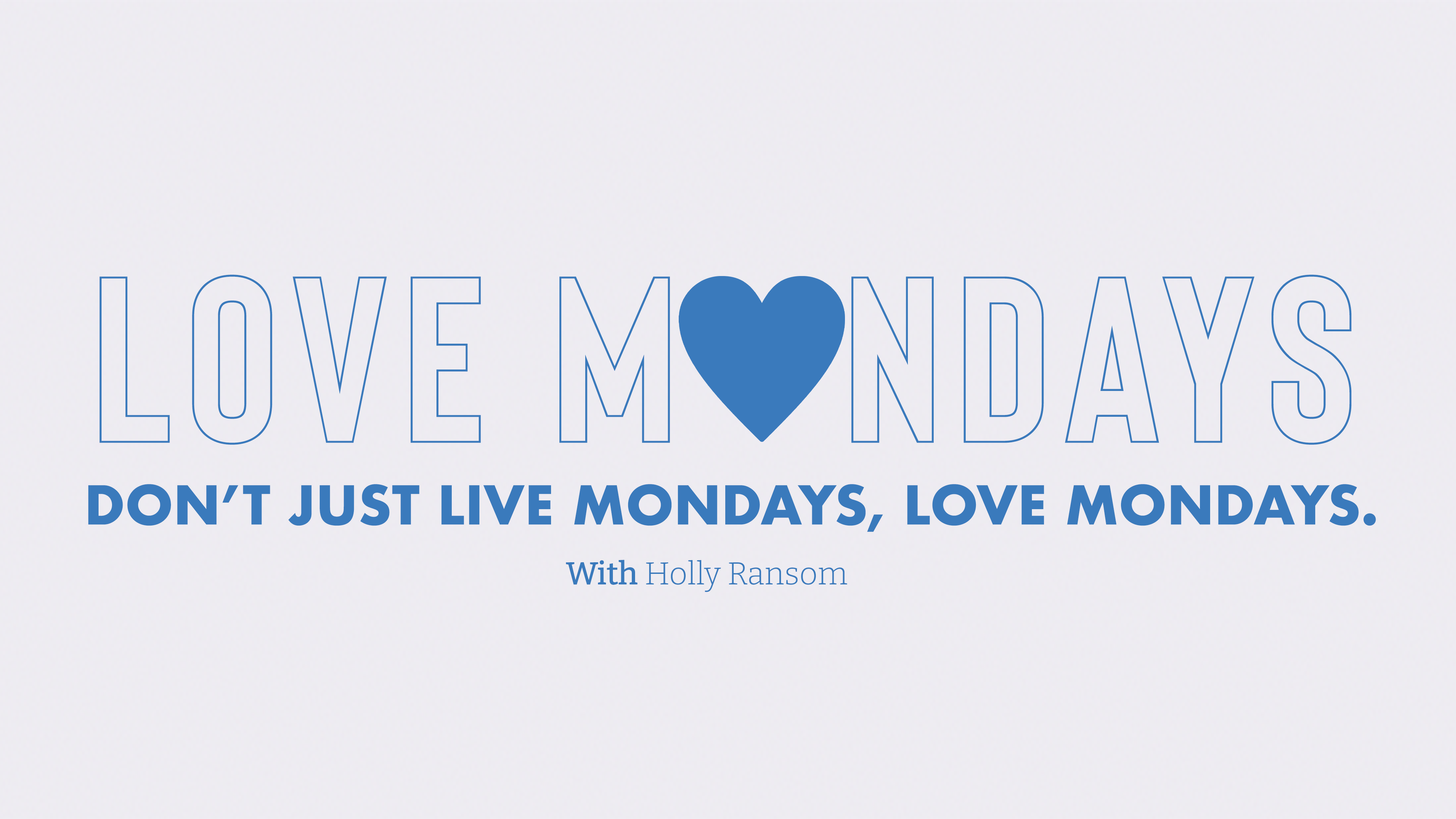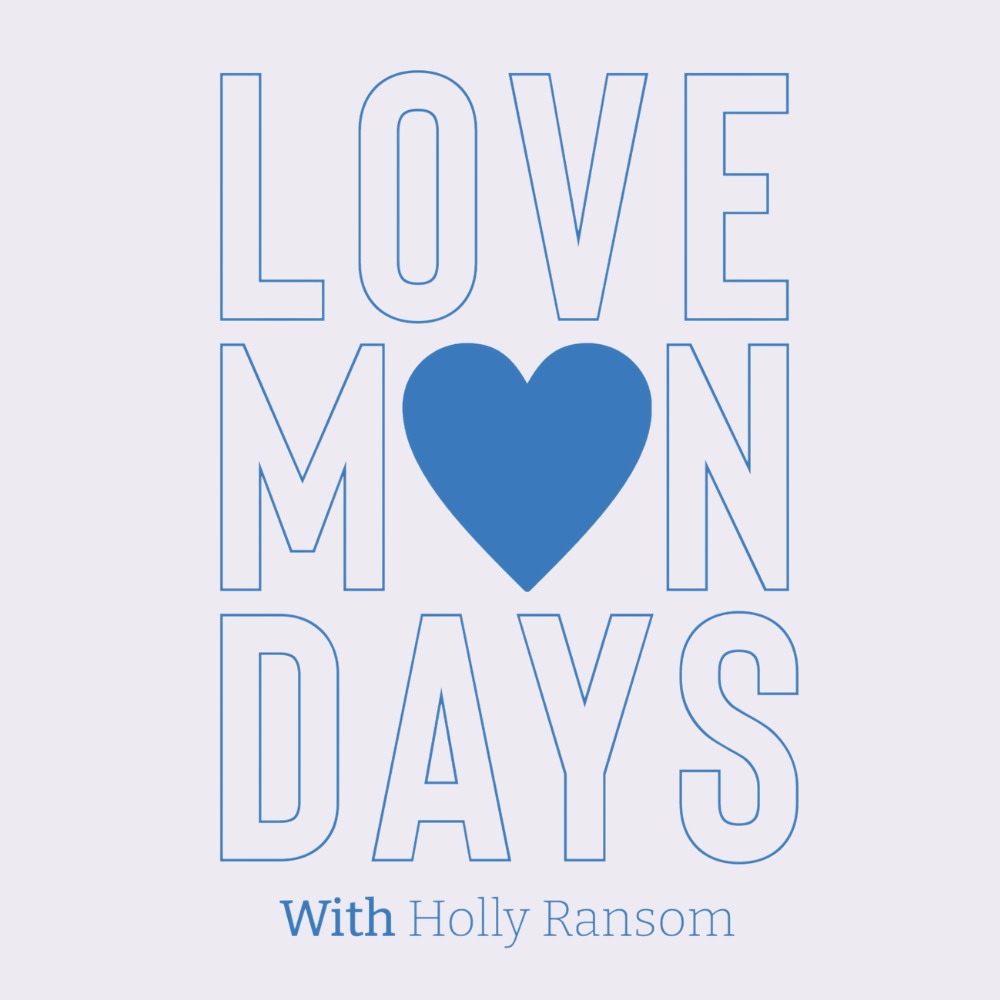Conference Planning: A Comprehensive Checklist for Success in 2024

by Holly Ransom: Global leadership speaker, interviewer, event host and CEO of Emergent Leadership Development
Planning a successful conference can be a daunting task, but with the right tools and guidance, it can be an incredibly rewarding experience for all involved. As someone who has presented at more than 800 conferences, as well as being a co-founder and creator of the award-winning Energy Disruptors Unite Conference, I’ve seen the incredible impact a well thought out conference can have, and have also seen the not so great side of a poorly planned event.
From the inception of the idea to the final applause at the close, every step in the conference planning process is crucial. It’s a journey that requires a clear vision, meticulous attention to detail, and a passion for bringing people together for a transformative experience. It’s about creating a platform for knowledge exchange, fostering innovation, and building lasting professional relationships.
So, whether you’re a seasoned conference planner or a first-timer, remember that every conference is a new adventure, a chance to create something unique and impactful. And with the right approach and resources, you can turn the daunting task of conference planning into a rewarding journey of success.
In this comprehensive guide, I present a conference planning checklist that will help you streamline your planning process, ensuring a memorable and seamless event for all attendees. Let’s dive in!
Key Takeaways
Establish goals and objectives, define your target audience & set measurable outcomes
Choose a relevant theme & format, budget for success & select an optimal venue/date
Assemble planning team, market event effectively & prepare final logistics
Establishing Goals and Objectives

A well-structured conference plan, including a thoughtfully crafted conference agenda, is the backbone of any successful conference. The foundation for a well-executed event is set by establishing clear objectives and identifying your target audience. To ensure no essential details are overlooked, consider utilising event management software, such as Ex Ordo, Eventbrite or Trello, which can help keep track of tasks and deadlines.
The likelihood of success and the attractiveness to desired attendees is increased when you tailor your event to the context, by incorporating regional or industry-specific insights into your conference planning. It’s imperative to secure high-quality keynote speakers as they are instrumental in shaping the event agenda and formulating marketing strategies.
Define Your Target Audience
Planning a conference that effectively addresses the needs and interests of attendees requires a thorough understanding of your target audience. By understanding their demographics and preferences, you can tailor your conference content and marketing efforts to resonate with them best. Holding a pre-conference meeting with key stakeholders can help refine your target audience and ensure alignment with conference goals. You could also consider establishing a planning committee and ensuring at least some committee members represent your target audience.
Keep in mind that defining your target audience well will attract attendees and enhance the overall success of your event.
Set Measurable Outcomes
It’s vital to define clear, quantifiable outcomes for your conference as this aids in assessing the event’s success and informs future planning. Setting up SMART goals (Specific, Measurable, Achievable, Relevant, Time-bound) will assist in monitoring your progress and making necessary modifications throughout the planning process.
Get clear on your event budget, conference themes and key details- like workable conference dates, conference features (i.e. networking opportunities) and the right conference technology to support your objectives.
By researching other similar conferences or events, you can gather invaluable insights and set achievable objectives for your event.
Choosing a Theme and Format

A conference is much like a well-scripted film, where a compelling narrative or “red thread” is essential. This red thread is the central conference theme that binds every element together, ensuring each session adds value to the overall purpose. The conference’s opening act sets the tone, each session supports the theme, and the closing act ties it all together, summarising discussions and giving participants a clear path forward. It’s a roadmap for both the organisers and presenters, ensuring everyone contributes constructively to the participant’s journey and the conference’s overall triumph.
Creating a memorable experience for attendees and sponsors involves:
Picking a unified conference theme and suitable format, which establishes the conference’s atmosphere
Thinking about how you connect both the head and heart to the experience- moving people not just with the content on-stage but immersive and interactive experiences and activations to deepen learning and engagement.
Incorporating inventive session formats and interactive elements to enhance the attendee experience and make your conference distinctive.
By thoughtfully designing the delegate journey, which is a combination of various touchpoints, you can highlight the overarching theme and final objective of the event. This will ensure that all aspects of the conference, from initial contact to on-site experiences, are consistent and in sync with the event’s purpose.
When we kick-started the Energy Disruptors Unite Conference, driven by the urgent challenges in the energy sector and the critical need for a global energy transition, we made sure that every keynote speaker and interactive session is closely tied to our theme for that year- though that doesn’t mean they all agree! We also use music, performances and interactive sponsor displays (like energy-themed escape rooms) to invite audiences to engage with the content.
Holly is a pro at weaving conference themes into every element of an event.
Chat to us today about how Holly can help bring your event objectives to life!

Select a Relevant Theme
To ensure your conference is a hit, it’s critical to pick a theme that aligns with your industry and audience. To find the perfect theme, gather relevant data about your industry and audience, brainstorm potential ideas, and assess the effectiveness of a catchy slogan.
A well-picked theme will not only strike a chord with your audience but also attract the right attendees and leave a lasting impression. The theme should be powerful enough to spark excitement and motivate people to attend.
Determine the Conference Format
One of the pivotal steps in the planning process is choosing the conference format. This could be in-person, virtual, or a blend of both, known as a hybrid. To decide the best format, take into account factors such as the conference objectives, audience, resources, content, logistics, and engagement. Remember that a mixed format can offer a unique experience, catering to both in-person attendees and virtual attendees but will require specific planning to ensure a great conference for all attendees, irrespective of format.
Budgeting and Funding

The cornerstone of a successful conference lies in effective budgeting and sourcing funds. Drafting a comprehensive budget that accounts for all possible expenses, such as venue, food, accommodations, etc., helps to avoid undesirable surprises and ensures you allocate resources to what matters most. Additionally, delving into sponsorship opportunities can provide a substantial financial boost to cover initial event costs.
While choosing a venue, hotel, transportation services, or airlines for large events, don’t hesitate to ask about promotional packages. Also, it’s wise to set aside some of your budget to handle any unexpected expenses.
Develop a Detailed Budget
Creating a comprehensive budget requires considering all relevant expenses, including:
Venue costs
Speaker fees
Marketing expenses
Miscellaneous costs
This involves both fixed costs, such as venue rental, equipment, and speaker fees, and variable costs like catering, marketing, and transportation. Seek multiple quotes for key line items to ensure you’re getting the best offer.
Fixed costs are those that remain the same regardless of the number of attendees. These include items like venue rental, equipment hire, and speaker fees. It’s good to allocate a significant portion of your budget to these costs as they form the backbone of your conference.
Variable costs, on the other hand, will change based on the number of attendees. These include costs like catering, marketing, and transportation. These costs can fluctuate and should be carefully monitored and adjusted as necessary.
At this stage, it’s also crucial to decide how much to charge attendees. Deciding how much to charge attendees is another critical aspect of budgeting. This will depend on several factors, including the cost of producing the event, the value the event provides to attendees, and what price the market can bear. It’s important to strike a balance between covering costs and providing value to attendees.
Establishing financial objectives and identifying sources of income will also help you create a successful budget.
Explore Sponsorship Opportunities
To offset conference costs and ensure a successful event, securing sponsors is a key factor. To find potential sponsors, explore funding options offered by universities, cities, or government agencies, as well as company’s who align with your event’s theme or would be interested in particular keynote speakers. Develop attractive sponsorship packages that provide measurable value to sponsors and showcase their brand.
Building long-term relationships with sponsors can also help ensure the financial stability of future conferences. At Energy Disruptors, we’ve deepened our sponsor relationships with every year we’ve held the summit.
Selecting a Venue and Date

The choice of venue and date can greatly influence the success of your conference. When scouting for a venue, you should consider:
The venue’s location
How accessible it is
The venue’s capacity
The amenities it offers
Uniqueness/points of differentiation
Ensure that the conference venue provides enough space for all attendees, break out discussions, networking sessions, and other conference activities.
Accommodations for out-of-town attendees should also be considered when selecting a venue. Prioritising venue requirements will help create a comfortable and inclusive environment for all attendees.
Choose an Optimal Date
Picking a date that doesn’t coincide with major holidays or industry events is a sure-fire way to boost attendance. Also, giving yourself plenty of time for planning and promotional activities is vital. For instance, a small event expecting up to 100 attendees could be scheduled three months in advance, whereas a larger conference with over 1000 attendees should ideally be planned at least a year ahead.
Choosing the best possible date and crafting a well-structured conference schedule are key steps towards hosting a successful and well-attended event.
Assembling a Team and Managing Volunteers

An efficiently run conference hinges on a committed team and well-coordinated volunteers. Assembling a team with distinct roles and duties guarantees that every facet of the conference is taken care of. Volunteers can be an invaluable asset in reducing the workload and ensuring the event runs smoothly.
Transparent communication and regular team meetings are also fundamental to a flawless conference experience for everyone involved.
Assemble Your Event Team
Forming a team with defined roles and responsibilities is a vital step to ensure all conference-related tasks are handled efficiently. Distribute tasks based on each team member’s skills and the scope of the conference. Equip your team with the necessary training and tools to streamline the planning process and foster a positive, collaborative atmosphere to enhance productivity and team morale.
Keeping an eye on the team’s progress and making adjustments as needed will contribute to the successful execution of your conference. From my experience with Energy Disruptors, I’ve found having regular check-in meetings with structured agendas is a simple but useful way to assist with this.
Recruit and Manage Volunteers
Advertise within your organisation’s community or on your website and social media platforms to recruit volunteers. Before you advertise think about your ‘why’ for volunteers (what will they get out of it?). Once recruited, provide volunteers with detailed instructions concerning their duties and obligations during the event. Utilise volunteer management software, such as a custom-branded volunteer sign-up form and volunteer app, to facilitate communication, scheduling, and coordination with your volunteers.
Effective volunteer management will help ensure a smooth and successful conference experience for all attendees. Consider ways to thoughtfully thank your volunteers or provide them with a unique experience (i.e. meeting one of your key speakers) as a way of saying “thank you”.
Marketing and Promotion

A dynamic marketing strategy is crucial to transform your conference from a mere concept to an experience that leaves a lasting impression. The initial step in marketing and promotion is to create your event’s brand, with enough lead time to support your attendance goals. This involves designing a unique logo, picking a consistent color palette, and devising a tagline that encapsulates the essence of the event. The brand you develop will be the face of your conference, appearing on everything from your website and social media to your printed materials and signage. Once your branding is in place, it’s time to enhance your conference’s visibility by leveraging:
Social Media: Engage your audience on platforms such as LinkedIn, X and Instagram.
Email Campaigns: Craft engaging emails to reach your target audience and keep them informed.
Press Releases: Generate excitement by sharing press releases with vital information about your conference.
Digital Ads: Utilise targeted digital ads to reach a wider audience and boost visibility.
Networks: promote through natural networks (i.e. industry associations, staff groups etc)
A visually appealing, user-friendly event website is also essential for credibility and attracting attendees, speakers, and sponsors.
For multi-day events, enhance the attendee experience by sending daily recap emails. These updates will keep attendees in the loop about highlights, ensuring continued engagement and connection throughout the conference and making it easy for attendees to share.
Final Preparations and Logistics

Final preparations and logistics become imperative for ensuring a seamless experience for all attendees as the conference approaches. To help with this process, utilising a conference planning checklist is essential. Here are some steps to take:
Confirm all arrangements with speakers, vendors, and venue staff, and provide them with the necessary information and resources. Send out final reminders too attendees which includes general tips for the big event.
Prepare on-site materials such as signage and name badges.
Coordinate with the venue to ensure all logistical details are in place.
Additionally, ensure all team members, speakers, vendors, and volunteers, including chairs, judges, and others, are aware of their assigned tasks and roles. Having staff on-site to guide participants and utilising a conference app to share last-minute information through push notifications can greatly contribute to a smooth conference experience.
Confirm Speaker and Vendor Arrangements
Confirming arrangements with speakers and vendors well in advance of the event is a key step to ensure a successful conference. Provide them with all necessary information and resources, such as presentation slides, contact details, and other relevant documents.
Ensuring that speakers and vendors have everything they need to fulfill their roles will contribute to a seamless conference experience for all conference attendees.
Prepare On-Site Materials and Signage
For a well-organised conference, the preparation of on-site materials and signage is crucial. Here are some tips to help you:
Create banners, posters, brochures, and flyers with consistent branding to maintain a professional image throughout the event.
Coordinate with the venue to ensure all logistical details are in place.
Consider using durable materials such as plastic or vinyl for outdoor signage.
Properly prepared materials will help guide attendees and create a visually appealing environment.
Post-Conference Follow-Up and Evaluation

Post-conference follow-up and evaluation are vital steps for learning from your event and enhancing future conferences. To gauge attendee satisfaction and pinpoint areas for improvement, consider collecting feedback through an online survey, interviews, or focus groups. Either try and get attendees to submit in-person feedback during the conference of immediately post. Keeping your audience engaged and highlighting the success of your conference can be achieved by sharing event resources and highlights on social media.
Apart from attendee feedback, assessing the performance of your planning team and volunteers can help identify growth areas and aspects that need improvement. The insights obtained from these evaluations can be instrumental in planning future conferences and determine areas for improvement.
Share Event Resources and Highlights
Via email or a secure website link, share presentation slides, recordings, and other event resources with attendees. Implement password protection or utilise a secure file sharing service to ensure the resources are secure and accessible only to interested parties.
In addition, promote conference highlights on social media platforms such as Facebook, X and Instagram, utilising appropriate hashtags and posting regularly to maximise visibility. Sharing event resources and highlights will help maintain engagement, showcase the success of your conference, and inspire attendees to look forward to future events.
Summary
In conclusion, a comprehensive conference planning checklist is essential for creating a successful and memorable event. By establishing clear objectives, selecting a relevant theme, managing budget and funding, and effectively coordinating logistics, you’ll be on your way to hosting a successful conference. Remember, continuous improvement and learning from past experiences are vital to the ongoing success of your events. Now, armed with this conference planning checklist, you’re ready to create a truly unforgettable experience for your attendees.
Frequently Asked Questions
What is conference planning?
Conference planning is a highly complicated and detail-oriented process, involving the planning and execution of four subcategories of events. It typically takes anywhere from two months to a year or more depending on the complexity of the conference.
What are the 4 features of a successful conference?
A successful conference should have great speakers, interactive/immersive activities and experiences, a suitable venue and good food!
How can I ensure that my conference content and marketing efforts are tailored to my target audience?
Research your target audience’s preferences and demographics, tailor your conference content and marketing efforts accordingly, and hold a pre-conference meeting with key stakeholders to refine your target audience and ensure alignment with conference goals.
What factors should I consider when selecting a venue for my conference?
When selecting a venue for your conference, consider factors such as location, accessibility, capacity, and amenities to ensure the best experience for your attendees.
How can I effectively manage volunteers for my conference?
Advertise for volunteers within your organisation or online, use volunteer management software to communicate and coordinate, and provide detailed instructions regarding duties and obligations – these steps will help you effectively manage volunteers for your conference.

About Holly Ransom
Holly Ransom is an internationally acclaimed leadership speaker, event host, interviewer and CEO/founder of Emergent leadership development.
Holly has presented over 850 sessions across 6 continents. She has interviewed and shared the stage with global leaders such as Barack Obama and Malcolm Gladwell.
Bring Holly in to host your next event, deliver an inspirational keynote or weave it all together as the “red thread” for your conference objectives.
Read more from Holly Ransom
- 152. Love Mondays: Olympic Lessons – Mastering Motivation and Perseverance
- 151. Love Mondays: Making Meetings Matter
- 150. Love Mondays: 10X Thinking in Goal Setting
- 149. Love Mondays: Embracing the Champion Mindset – Lessons from Venus Williams
- 148. Love Mondays: Championing Inclusion – Your Role as an Ally


